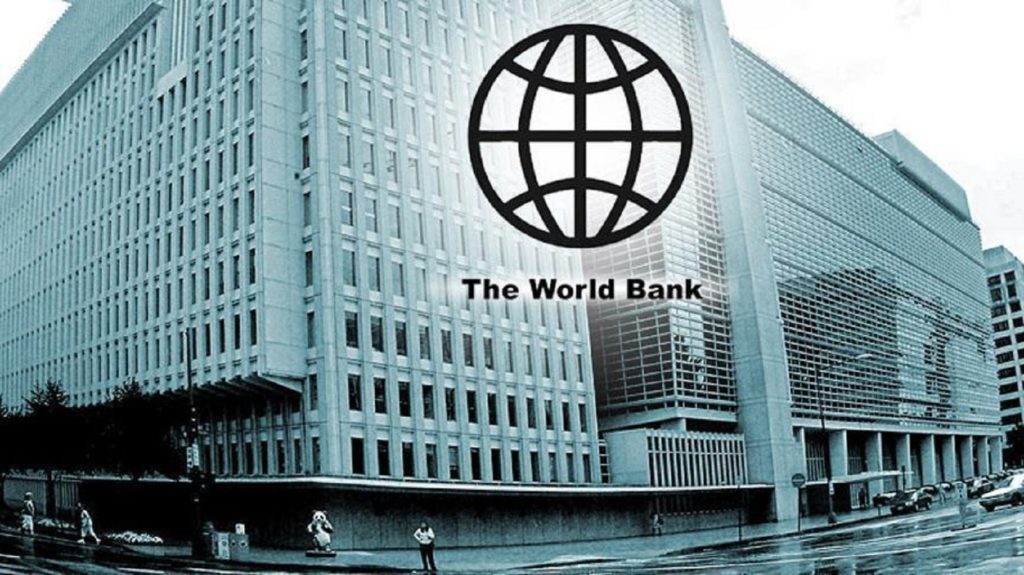The World Bank has announced N31.2 billion ($82 million) to support Nigeria’s fight against the COVID-19 pandemic.
Announcing the support in a statement, the bank said it is moving quickly to provide fast and flexible support to help Nigeria and other African countries in mitigating the impact of the COVID-19 pandemic by providing direct and long-term financial support over the next 15 months.
It said: “In Nigeria, the World Bank has already made $82 million available for immediate support in strengthening the public health response through the Regional Disease Surveillance Systems Enhancement Project, REDISSE. “In addition, the World Bank has been asked to provide a multi-pronged package of support over the next six months to strengthen the country’s preparedness for the immediate health crisis and provide the Federal Government with budget support for a pro-poor stimulus package and the long-term recovery.
“Efforts to protect livelihoods and support local economic activity over the next 18-24 months will be critical in mitigating the economic and human impact of the COVID-19 pandemic. Together with partners, the World Bank is discussing with the states and relevant federal agencies on how best to protect livelihoods of poor and vulnerable families, and support Micro, Small and Medium Enterprises, MSME, to enable recovery.”
Meanwhile, Managing Director of the International Monetary Fund, IMF, Ms. Kristalina Georgieva, has said that her team is working on Nigeria’s request for $3.4 billion COVID-19 facility request.
According to her, a proposal was being prepared which would be tabled before the Executive Board of IMF for approval, as soon as possible.
Disclosing this in a statement yesterday, the IMF boss said: “Nigeria’s economy is being threatened by the twin shocks of the COVID-19 pandemic and the associated sharp fall in international oil prices.”
President Buhari’s administration is taking a number of measures aimed at containing the spread of the virus and its impact, including by swiftly releasing contingency funds to Nigeria’s Center for Disease Control and working on an economic stimulus package that will help provide relief for households and businesses impacted by the downturn.
“To support these efforts, Nigeria’s government has requested financial assistance under the Fund’s Rapid Financing Instrument (RFI). This emergency financing would allow the government to address additional and urgent balance of payments needs and support policies that would make it possible to direct funds for priority health expenditures and protect the most vulnerable people and firms. We are working hard to respond to this request so that a proposal can be considered by the IMF’s Executive Board as soon as possible.”
